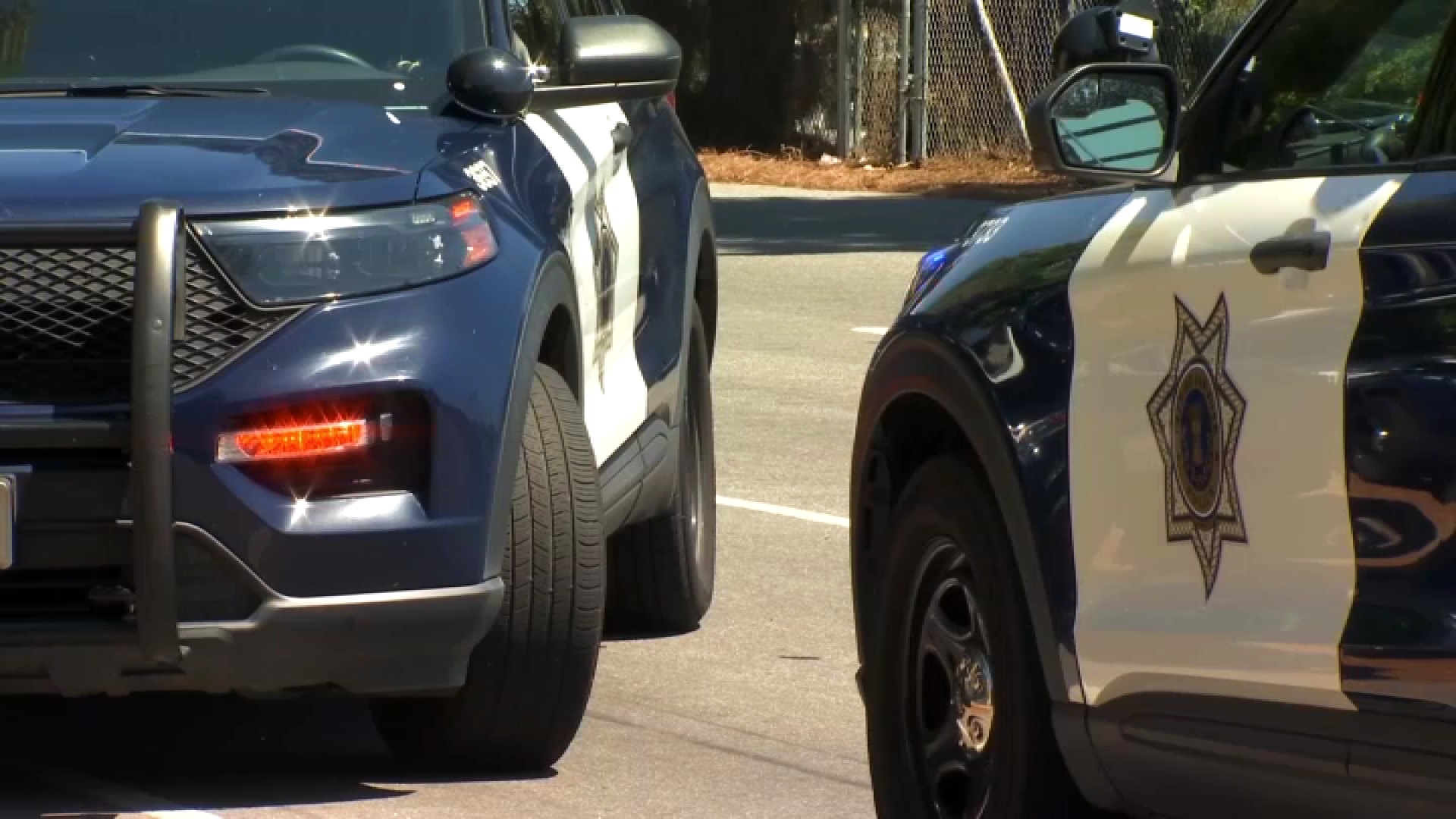Quietly, a political storm is growing over technology, access and the state of California. California Secretary of State Debra Bowen is in the middle of it. She is facing serious criticism over how she manages technology.
The state's Cal-ACCESS system -- which provides the public with vital data on campaign contributions and lobbyist activist -- went down three weeks ago. A database that verifies voter registrations also went down.
These problems come on top of earlier criticism that Bowen's office was not moving fast enough to enable on-line voter registration. (And then there are a few people like your blogger who have argued that she should be more open to electronic signature gathering for ballot initiatives and referenda).
Some criticism is warranted, but much of it is unfair -- and misses the crucial context.
One of Bowen's greatest public services has been her smart skepticism about technology in voting. The secretary of state may well have saved the state from serious election problems by challenging the technology and security of electronic voting machines.
Studies she supported found that such machines were easily hacked, and Bowen successfully pushed counties to add security and ditch or avoid machines that didn't make the grade.
So Bowen's skepticism about things iike electronic signature gathering is well-earned. The criticism of her for the crashed databases doesn't seem so justified.
Local
These fallen databases were antiquated systems that should have -- and could have -- been replaced if the state had money. It doesn't.
That lack of funds isn't Bowen's fault. Similarly, the on-line voter registration delays reflect the way the project is structured (with cooperation required from multiple layers of government); Bowen's office has obtained the funding to do that and is waiting on others.
That said, Bowen would be wise to see the current database problems as an opportunity -- and make a forceful for public argument for the value of big, immediate investments in new technology for the state, particularly in areas of public disclosure and voter participation.
Bowen has been very good at identifying the problems and pitfalls of applying technology to elections. Now she needs to be just as good in laying out a vision of how to make advanced technology a better servant of the public.
Let us know what you think. Comment below, send us your thoughts via Twitter @PropZero or add your comment to our Facebook page.



